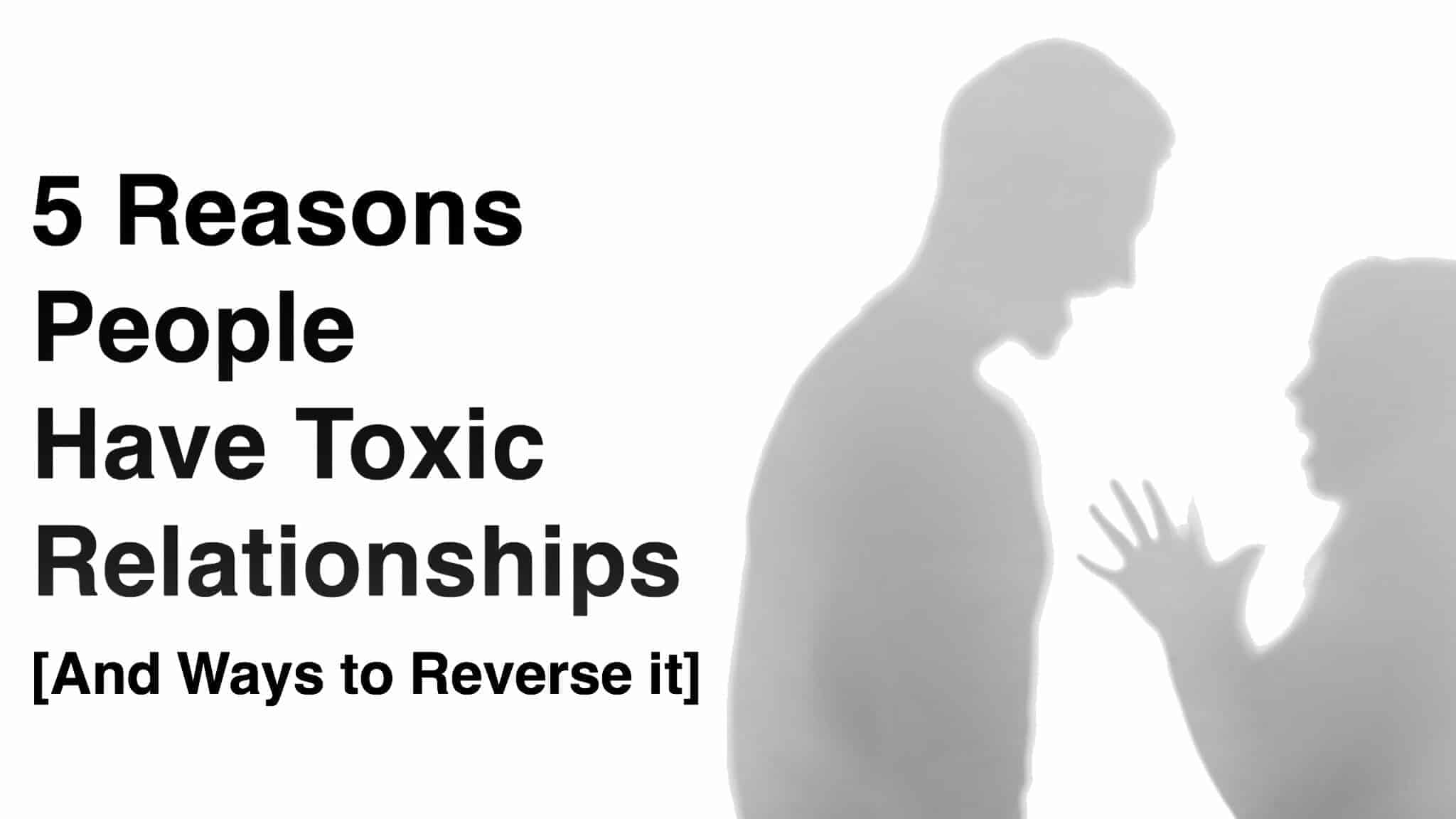The Dictionary refers to toxic behavior as:
- of, pertaining to, affected with, or caused by a toxin or poison: a toxic condition.
- acting as or having the effect of a poison; poisonous: a toxic drug.
- causing unpleasant feelings; harmful or malicious: a toxic boyfriend; toxic criticism.
- pertaining to or nothing debt that will probably not be repaid: toxic mortgages.
- pertaining to or noting a financial instrument or another asset that has no value or an unknown value because there is no market for it: toxic mortgage-backed securities.
An adjective is a “work the describes, identifies, or further defines a noun or pronoun.”
No, this is not an English lesson; it’s something much deeper, honest, and more important. To be honest, this piece is written to “check” those who may be acting in a toxic way to their partner – and, more importantly, provide guidance on what to do about it (if you’re so willing).
Nor is this an article to take lightly. Perhaps you are on the receiving end of someone’s toxic behavior. You’re no dummy; you understand that someone has been harmful – and when you feel it, it hurts.
This article is intended to help both sides. We hope that something constructive comes out if this knowledge and that the healing process can begin.
“Mistakes are always forgivable if one has the courage to admit them.” – Bruce Lee
Here are five signs of toxic behavior in your relationship (and ways to reverse them)

1. Insecurity is toxic
Insecure partners have the tendency to harbor a deep sense of self-doubt. This self-doubt often leads to the person overanalyzing everything in a relationship, from a few uttered words to their partner’s body language.
Needless to say, if you are unable to feel some semblance of self-confidence, it’s quite likely that your insecurities will quickly become apparent. These insecurities manifest in your day-to-day conversations, negative body language, and other dramatic behaviors.
Suggestions:
- Try to enjoy the moment, trusting that your partner is doing the same.
- When you’re beginning to feel insecure, cite positive affirmations that emphasize your self-worth.
- Remember that you’re worthy of love. Trust that your partner sees this.
2. A hot temper
This is one that many of us have either experienced or have been a witness. People that are hot-headed continue to have cycles of anger, regret, and shame. Too often, this cycle involves impulsive behavior directed towards your partner – and hurtful words that you come to lament sincerely.
Partners with a hot temper are difficult to get along with. Their other half may feel the need to “walk on eggshells” to avoid triggering another temper tantrum.
Suggestions:
- If you’re hotheaded, you must develop a sense of self-awareness. Without this essential skill, nothing else will help much.
- Know when your temperature “scale” is going up, and do something – anything that relaxes your mind. Do this away from your partner until you’ve calmed down.
- If needed, research anger-management options.
3. Problems are left unsolved
More specifically, allowing problems that you created go unsolved. Obviously, this abdication of responsibility is unacceptable in any situation – but the repercussions within the context of a relationship are often very severe.
Our brain has developed something called the negativity bias. We’re inclined to remember the bad more than the good – a function of the brain that doesn’t bode well in bad relationships for obvious reasons.
Suggestions:
- First, be honest with yourself and admit if a pattern of “problem-creating” exists. Be specific about the underlying causes (e.g. money, coming home late, neglecting duties, etc.)
- Accept responsibility.
- Make a plan to change the behavior, and reiterate this plan to your partner.
4. Addiction to technology/social media
We all love our smartphones, tablets, and laptops. But some people prioritize their relationship with tech above that of their partner – and this can create some serious problems. As it is, between work and other responsibilities, couples don’t have much time together already.
Any ambiguity in a relationship isn’t healthy. If the relationship’s trust level is still developing, constant use of social media can cause jealousy and doubt. The presence of ambiguity, jealousy, and doubt usually doesn’t bode well for a relationship’s future.
Suggestions:
- If you don’t have one already, make a schedule implementing 30-minute increments. Use this schedule to determine times to “get your fix.”
- Save your tech use for the weekend.
- Don’t publish personal details of your relationship on social media.
5. Conflict avoidance
Some people are naturally more conflict-averse than others. Some people are direct, and approach conflict in the same manner. On the other hand, others are too shy or introverted to deal with conflict at all. That said, one aspect of life where this last approach is not okay is in a relationship.
An unwillingness to approach conflict like a mature adult (no matter how uncomfortable) sends a message to your partner that engaging you is only possible under certain conditions. Of course, this very notion is ridiculous. Things must be dealt with sooner or later, and it’s best to approach the situation maturely.
Suggestions:
- Explain to your partner that you’re conflict-avoidant, and it’s something on which you’re working.
- Understand that it’s okay to be uncomfortable with conflict – many people are. If this is your disposition, research ways to handle conflict that suits your personality.
- Don’t turn your back on your partner in the event of a conflict. Instead, just tell them you need to think a bit. When you’re ready, approach your partner and have a conversation.

















